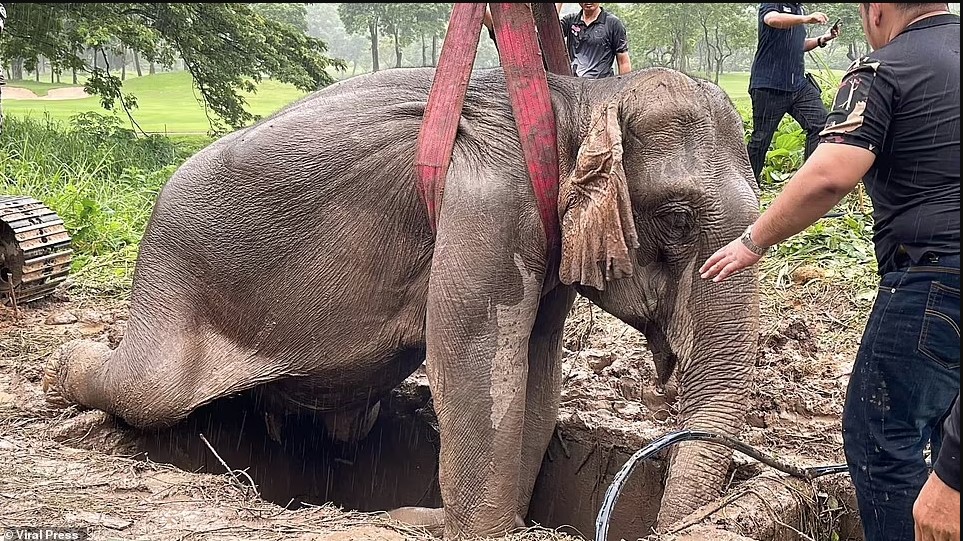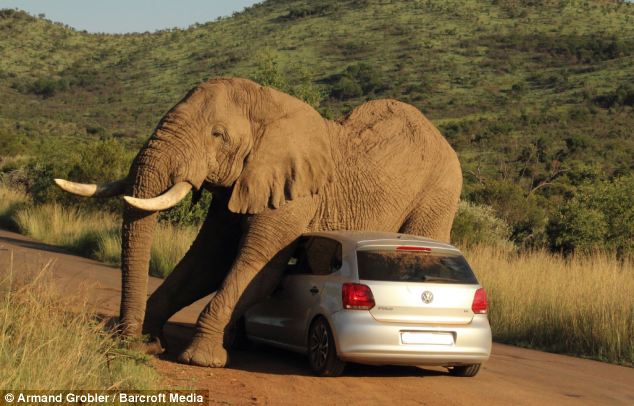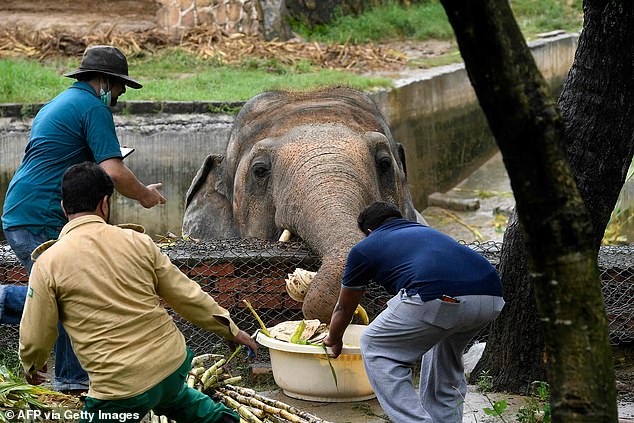After record rains, a large number of bizarre brilliantly colored critters washed up on Australian beaches.
Dozens of colorful exotic creatures have washed up on Australian beaches, confusing experts. Some pictures taken on the beach spread on social media showing the carcasses of sea fish with strange shapes and bright colors.
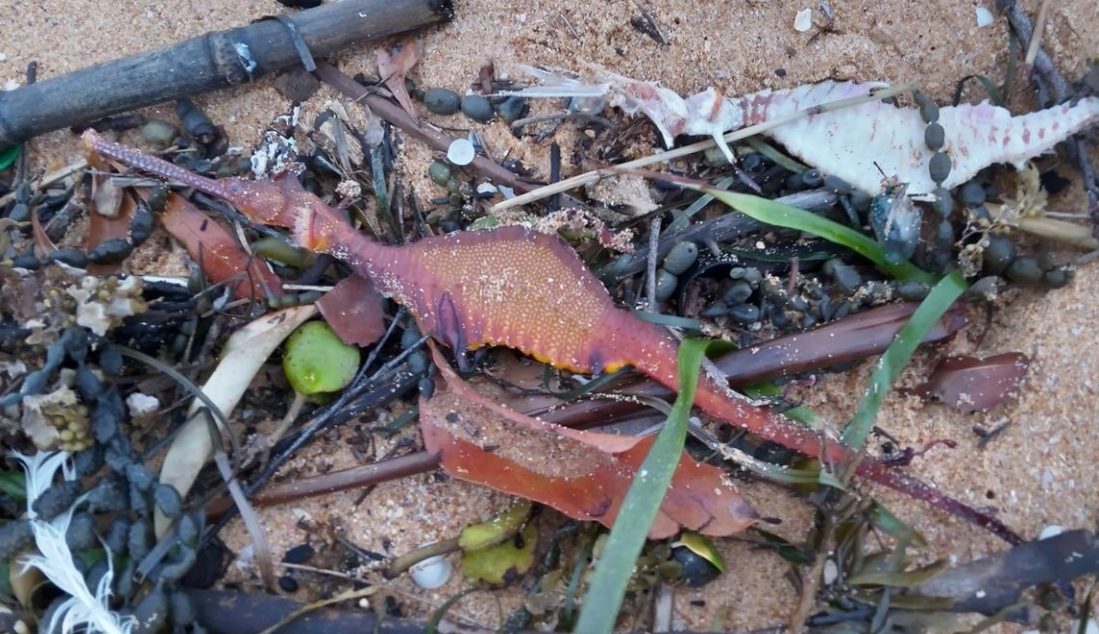
Colorful strange creatures wash up on the beach after heavy rain
Dozens of colorful marine fish are scattered across the northern beaches, Cronulla, Malabar and the central coast.
Most of the opinions are that it is sea dragons that have run aground. Sea dragons belong to the fish family, known as sea dragons or sea arowanas.
With numbers at least 10 times larger than normal, this occurrence raises concerns about ongoing anomalies in Australian waters.
Beach-goer Betty Ratcliffe said she stumbled across about seven sea dragons within a week. “The first time I saw one on the beach it was strangely shaped, brightly colored, orange, yellow, purple. Over the next few days, I found many more.”
It is known that Betty Ratcliffe has been walking on the coast of Narrabeen for the past four years at dawn every morning, but she has never seen such a species.
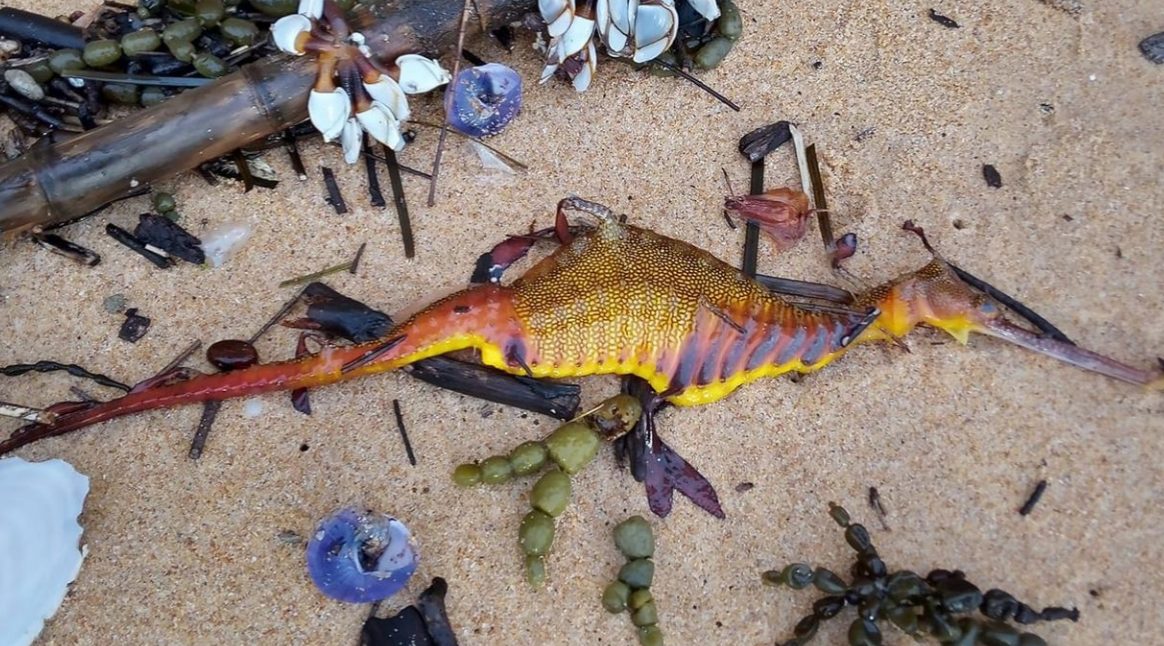
David Booth, professor of marine biology at the University of Technology Sydney, said they’ve spotted more than 20 sea dragons on Sydney’s beaches in the past two weeks. “Clearly it’s the result of sudden weather changes, pollutants in the sea and big waves bringing these strange-shaped creatures ashore,” said David Booth.
According to experts, small sea dragons are tough, they usually do not stray further than 20-50 meters from their living area during their lifetime. They often cling to kelp in strong currents, adults can only move 50-500 meters from where they were born.
However, this time a lot of sea creatures moved away from their usual habitat. This is a rare occurrence, which is proof that they deserve habitat loss.
Sea dragons are a favorite of divers because of their eye-catching appearance, yellow and purple colors, and sometimes up to 45cm long body. They live along coral reefs rich in kelp and are close relatives of seahorses.
Source: https://fancy4daily.com



